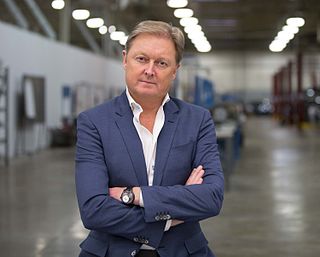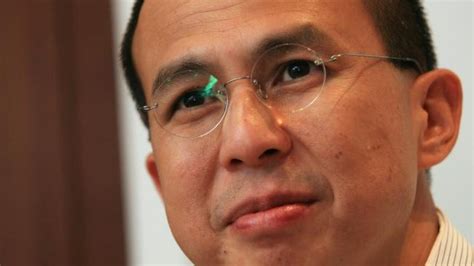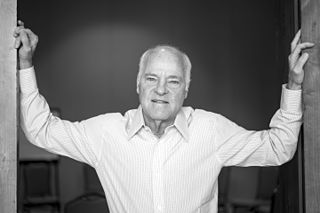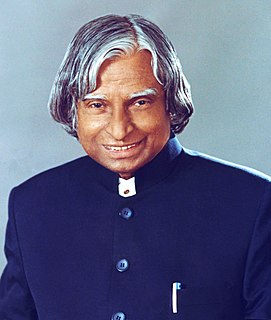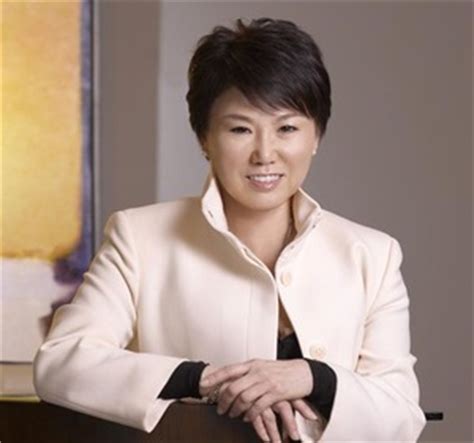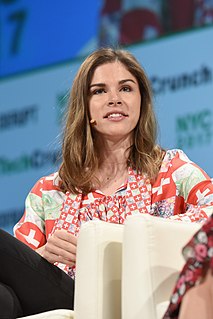A Quote by Henrik Fisker
I want to explore the existing manufacturing abilities of Indian companies and create products together.
Related Quotes
If Canadian companies want to sell products to the E.U., they have to prove those products conform with E.U. product safety, health and environmental rules. This involves extra bureaucracy, controls and paperwork. If the U.K. had a Canada-style deal with the E.U., U.K. companies would have to do the same.
We've got a portfolio of companies that range all the way from hotels to television stations and cable TV companies, oil and gas, consumer products, and industrial products. If there's anything that I want to know more about, I have the opportunity. It's right in our portfolio. I can spend time at the factory or with the manangement and learn as much as I want. You can't get bored doing that.
Buy products of genuine lasting value from brands that take their manufacturing seriously. I have things that are 75 years old, like the dinner suit of my grandfather's that was made in 1933 by a tailor in Edinburgh. Clothes develop stories. You can remember where you've been through clothing that you've worn. I want products that are going to endure. I hate that we buy things that are disposable. We need to buy products with integrity.
